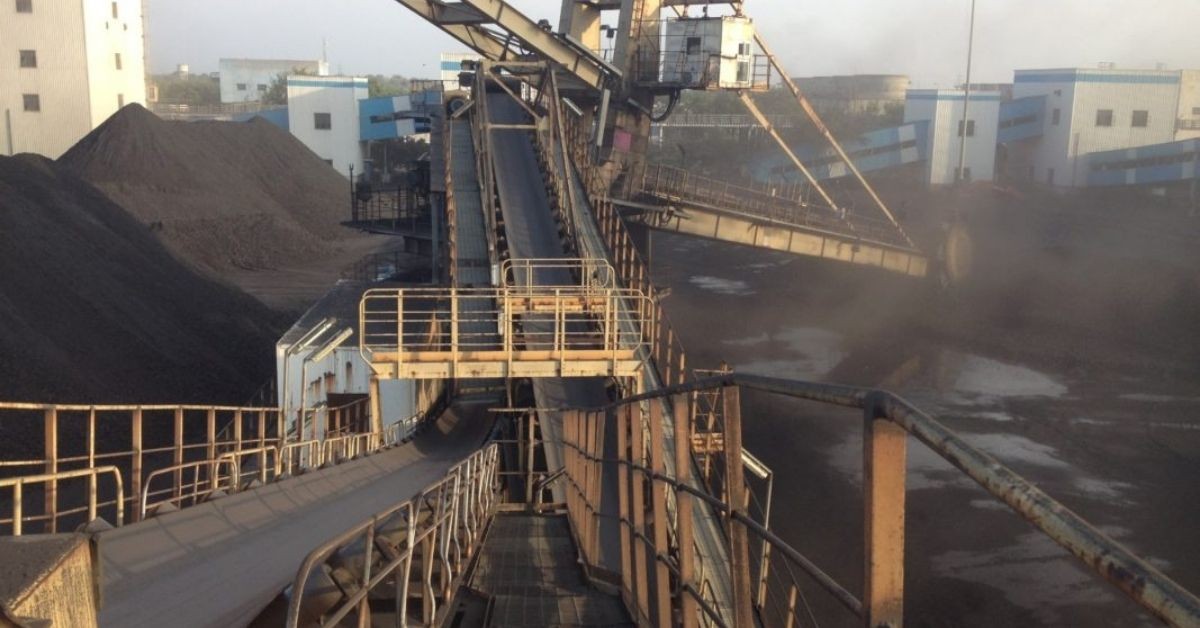Private firms running coal handling terminals at Centre-owned major port trusts have been hit by a steep decline in coal imports as the government’s focus on using local coal for power generation has impacted capacity utilisation, rendering these facilities unviable and on the verge of turning into non-performing assets.
Coal terminal operators fear that the government’s push for self-reliance in coal production will completely halt imports in the next two or three years.
To help them tide over the crisis, coal import terminal operators have urged the government to modify their contracts to convert single commodity handling terminals to multi-commodity terminals, both for export and import cargo. This will help in the full utilisation of assets, increase efficiencies and sustain business. Higher capacity utilisation will also translate into higher revenue share to the government-run port trusts.
“A policy intervention from the government is urgently needed to prevent public assets built with bank loans from becoming non-performing assets,” said a top executive with a coal terminal operating at a port trust on India’s eastern coast.
In FY21, the 12 major port trusts handled a combined 78.024 million tonnes (mt) of thermal and steam coal — a decline of 15.44 per cent from the 92.276 mt handled in FY20 and a drop of 27.856 mt from 105.880 mt in FY19.
The crisis demonstrates the risks to single commodity terminals running at major port trusts from government policy changes mid-way through a 30-year contract.
“The government’s move on ‘AatmaNirbhar Bharat’ by facilitating policy reforms towards promotion of domestic coal supplies to curb foreign exchange outflows had impacted coal imports significantly,” KPMG India Services LLP said in a September 2020 report prepared for Vizag General Cargo Berth Pvt Ltd (VGCB).
Private terminals at major port trusts have been the worst hit by the government’s policy reversals unlike private ports which have the flexibility to switch cargo profiles with ease to suit market dynamics.
The acute stress facing coal terminals at major ports has started to bite.
The fall in coal imports due to policy changes has clipped utilisation of the 14.18 mt capacity VGCB run by the Vedanta Group at Visakhapatnam Port Trust.
The policy changes were not envisaged by VGCB or the Visakhapatnam Port Trust at the time of bidding and will render the terminal completely unutilised in the near future, KPMG added.
“VGCB has been incurring losses of Rs26 crore on an average a year since starting operations in 2013, rendering the terminal unviable,” VGCB said in a March 9 letter to the ministry of ports, shipping and waterways while arguing for transforming the terminal into a multi-commodity facility to help it survive.
The 6.41-mt capacity coal terminal run by Adani Ports and Special Economic Zone Ltd (APSEZ) also at Visakhapatnam Port Trust recently served a termination notice on the Port Trust, citing force majeure (act of god) and policy changes by the government and suspended operations.
A bankruptcy court in Mumbai has initiated insolvency proceedings against Tuticorin Coal Terminal Pvt Ltd, the 7-mt capacity thermal coal and non-coking coal handling terminal run By ALBA Asia Pvt Ltd at VO Chidambaranar Port Trust (VOC Port Trust).
The Visakhapatnam Port Trust has borne the brunt of the government’s strategy to cut coal imports with coal volumes declining by half to 5.770 mt in FY21 from 10.089 mt in FY20.
Source : The Hindu Businessline







